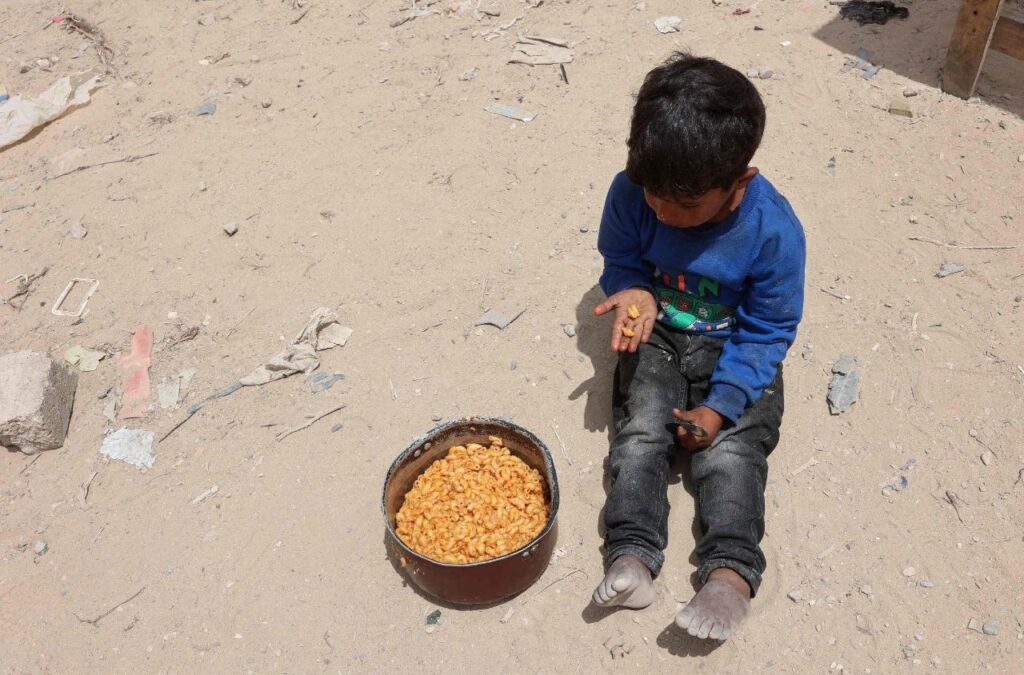The 2025 Food Crises Report from the Global Network indicates that over 295 million people globally are facing severe food insecurity, a rise of 14 million from the previous year. The report highlights that 53 of the 65 countries analyzed are experiencing acute food insecurity, driven largely by conflict, climate-related disasters, and economic shocks.
Orenmelin from the UN Food and Agriculture Organization (FAO) emphasized the complexity of the crisis, noting that 35 countries have been in a state of food crisis since 2016, necessitating both immediate and long-term aid. He stressed that effective comprehensive support could lead to significant improvements in food security.
Conflict remains the primary driver of hunger, particularly in regions like Sudan and Haiti, where violence exacerbates food shortages. Economic factors, including the lingering effects of the COVID-19 pandemic and the war in Ukraine, have further intensified the situation, impacting low-income countries the hardest.
Melin also raised concerns about declining humanitarian funding, which poses significant risks for vulnerable populations, especially children in crisis regions like Yemen and Afghanistan. Cuts in aid could exacerbate hunger dramatically.
The FAO, along with its partners, is calling for a coordinated global response that combines emergency and long-term assistance to address the challenges effectively. Melin concluded that while these crises are complex, progress is achievable with the right support focusing on food, agriculture, stability, and sustainable investment.
Source link


